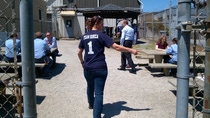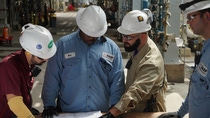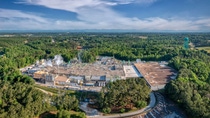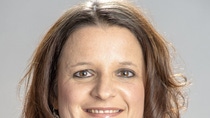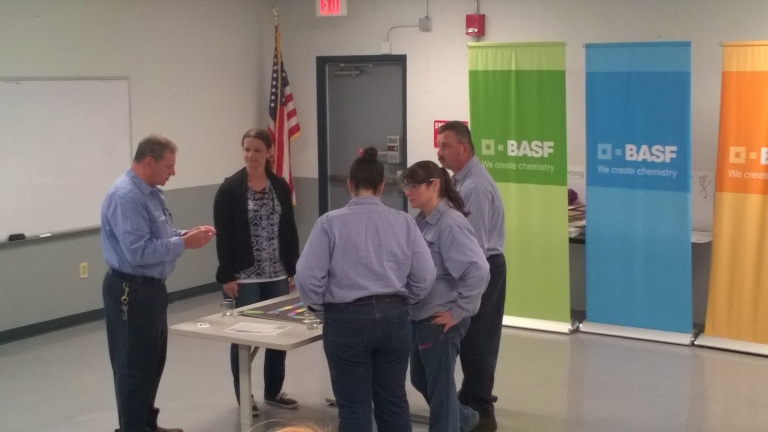Today, Forrester is an accomplished professional and member of her business’ senior leadership team who has been recognized as an expert resource in leading root cause analysis coupled with the development of sustainable solutions.
However, only a few decades ago – when Forrester was just an adolescent – she didn’t even know what her engineer father did for a living.
It was not until she took a career assessment in high school, telling her she should consider a career in engineering that her dad brought her into his workplace to shadow a few female engineers working for him at the time. Once she graduated high school, Forrester was working at an R&D site at her father’s place of employment over the summer and her career path suddenly became clear.
“I fell in love with it, I knew that’s what I wanted to do,” she said. “My father was the catalyst – he gave me a real-world view into engineering.”
Working in manufacturing for the last 25 years, Forrester recalls it being a lot different when she started out compared to today. She was one of very few women in her industry, and one of only three females in her engineering department in college, made up of 60 students – and all male professors.
Nevertheless, Forrester considers herself fortunate to have always worked with “great people, male or female,” where gender was never an issue for her. At the same time, she acknowledges that females bring a special skillset into the workplace – which male hiring managers have grown to recognize as well.
“Most of the time, technically, gender is not going to weigh in. But from an emotional, relational standpoint, women just bring a different perspective that I think helps create a well-rounded team,” she added.
Forrester recalls when about 17 years ago, her plant manager called her his ’people engineer,’ “because engineers are sometimes perceived to have strong technical skills but not great people skills,” she said.
And her current BASF manager agrees.
“Lisa has two predominant areas of strength – the first one being that she’s technically sound, she’s trained in industrial engineering, she understands continuous improvement and lean concepts and is able to help our business,” said Gregory Scull, Director, Global Manufacturing, Precious Metal Recycling & Chemicals, BASF. “Second, is her ability to influence, manage and lead organizations; she’s good at working at all levels of the organization.”
At present, the manufacturing gender gap has slightly narrowed, at least at BASF in Seneca — the current site director is female and so was the previous one; there are a couple more female leaders on Forrester’s extended leadership team, in addition to a good balance of male to female engineers overall.
“We’ve really worked on hiring female engineers at the entry level,” Scull added referring to South Carolina sites. “Roughly 35-40% of our engineers are women, something that wasn’t the case six or seven years ago.”
With all of Forrester’s achievements, one might wonder, what is her most crucial secret to success as a female in a mainly male-dominated environment? Her response — the triangle model of mentorship.
“You should always have a mentor who is coaching you to be better; you should have a peer to bounce things off of, someone who is not judging your performance; and then you should have somebody that you’re pouring into and investing in their career potential.”
Forrester is living proof of this triangle model, from her mentor father, to her peers on her senior leadership teams, to her employees and soon-to-be apprentices joining her site this summer.
The Seneca site, as well as other BASF manufacturing sites, is taking part in the North American Apprenticeship Development Program (NAADP), where applicants can earn while they learn. For more information on the program or to apply, click here.
